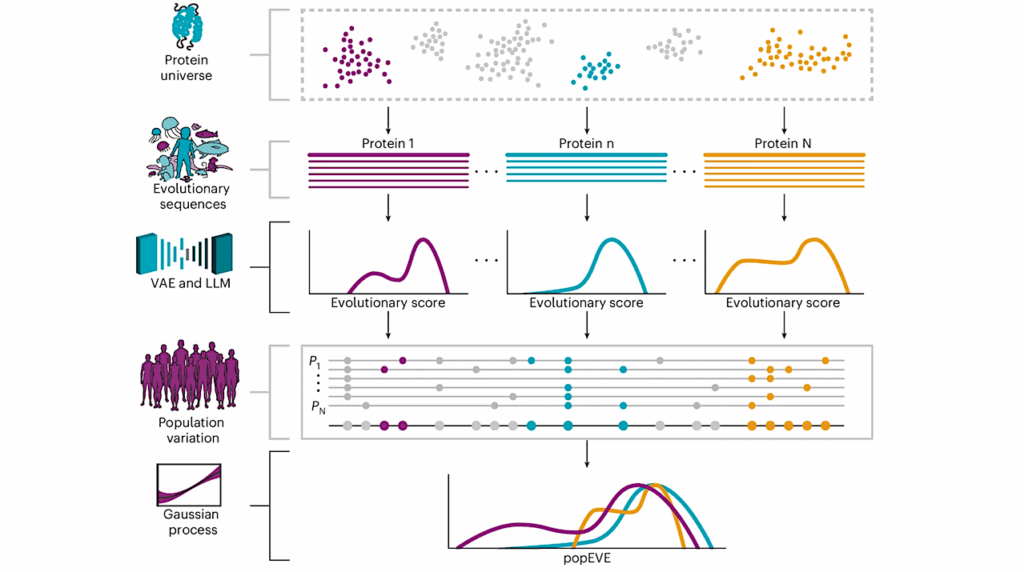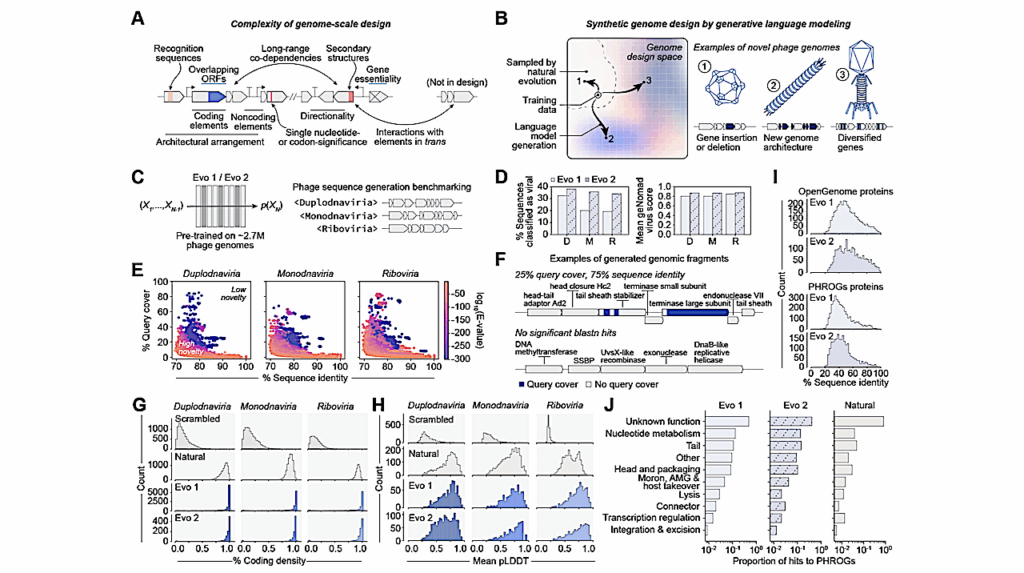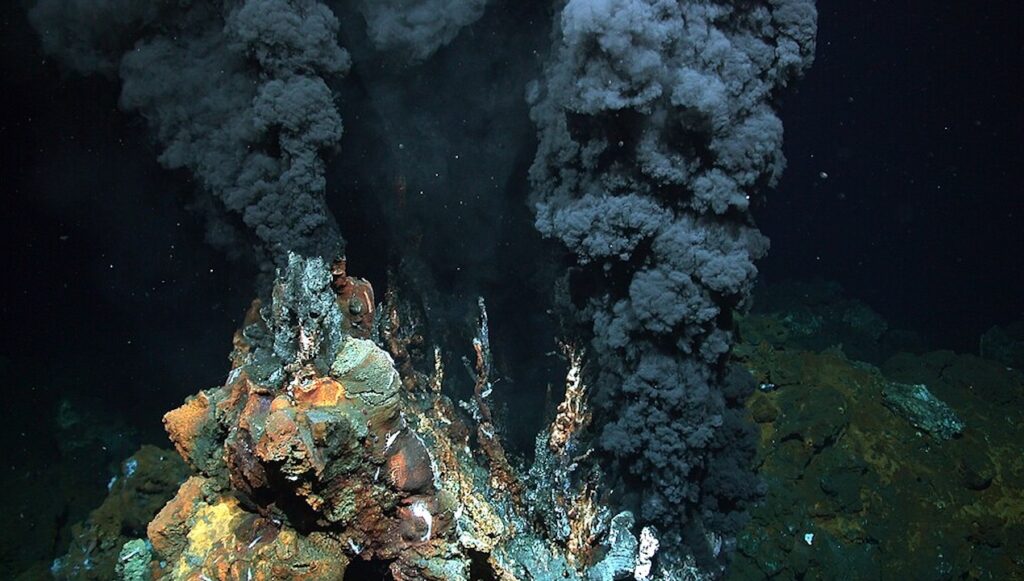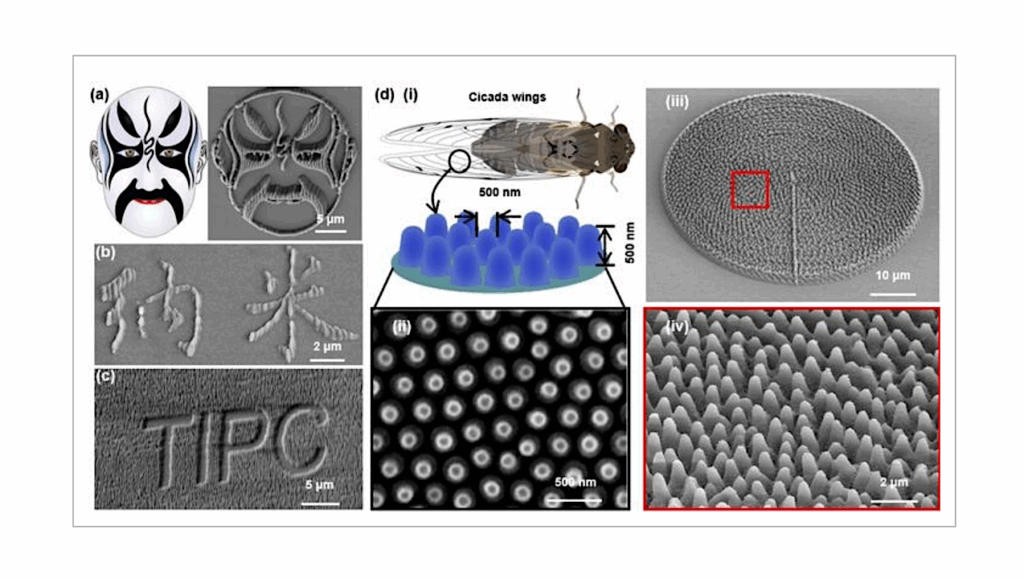The NASA Space Microbial Culture Collection Receives First Planetary Protection Samples

The Space Microbial Culture Collection (SMCC) will be accepting its third microorganismal collection from Dr. Andrew Schuerger of University of Florida. This archive contains hypobarophiles, pressure tolerant species, that can act as model organisms for researching growth and adaptation to surface conditions of Mars.
This archive contains 30 different species of bacteria and includes fungal isolates that participated in the ISS VEGGIE system. This is SMCC’s first planetary protection sample collaboration with the Planetary Science Division. SMCC looks forward to offering these important isolates to the research community.
The NASA SMCC is a repository for collections of space microbes originated by NASA scientists and offers digital (genomic, phenotypic, and rich metadata) and physical formats (the isolates themselves) of space microbes which can be requested for non-commercial research purposes.
To find out more about submitting a gravitational or space-associated microorganismal collection to the NASA SMCC or requesting isolates please contact [email protected] for more information.
Help NASA maximize the scientific return from biological spaceflight investigations and encourage broader participation of the research community in space biology-related research.
Non-human biospecimens are dissected, collected, and preserved by the Space Biology Biospecimen Sharing Program (BSP) team at NASA Ames Research Center (ARC). These biospecimens and associated Metadata are made available through NASA’s Biological Institutional Scientific Collection (NBISC). They are searchable and available for request on the Life Sciences Data Archive public website. Flight and ground control biospecimens are available from COSMOS, NASA’s space shuttle missions, and International Space Station (ISS) investigations.
What will your discoveries unfold?
Astrobiology, space biology








